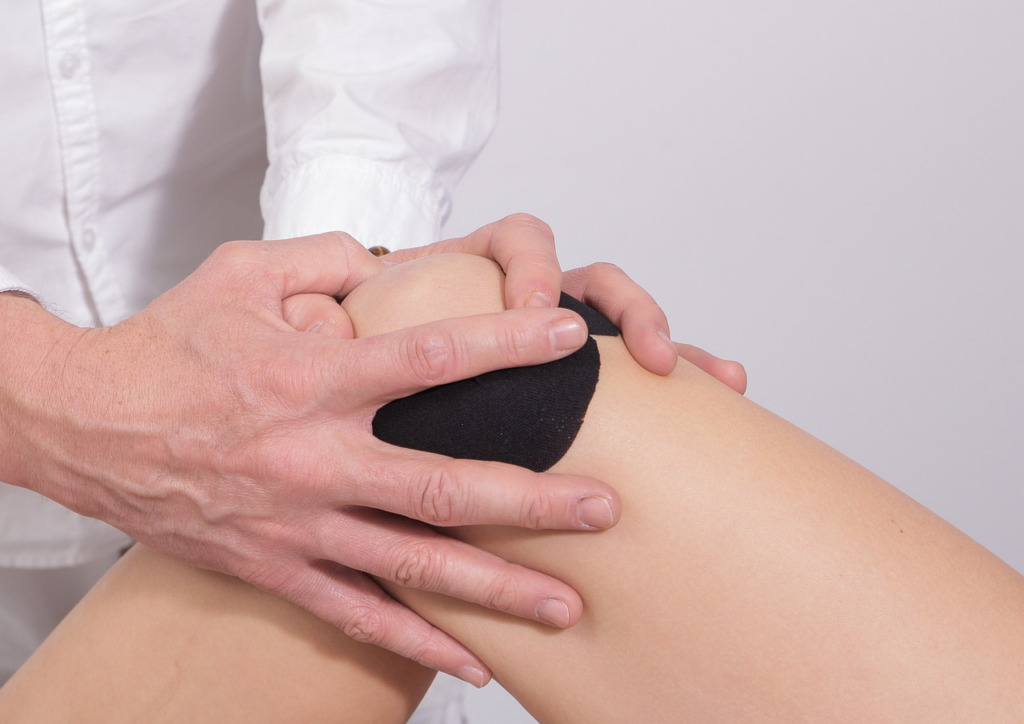Taking care of your knee health is essential for maintaining an active lifestyle. Whether you’re an avid runner or simply enjoy walking, understanding how to protect and strengthen your knees can prevent pain and injuries. This post is going to share key tips to help you achieve optimal knee health.
Increase Protein Flow
Increasing protein flow is crucial for improving knee health as it supports the repair and growth of muscles, ligaments, and tendons surrounding the knee joint. Adequate protein intake can also help maintain a healthy weight, reducing the strain on the knees. To promote protein flow, aim to incorporate a variety of protein sources into your diet, such as lean meats, fish, dairy, legumes, and nuts.
Consuming protein-rich foods post-exercise helps with muscle recovery and enhances overall joint stability. Additionally, consider distributing your protein intake throughout the day, rather than consuming a large amount in one meal, to maximize absorption and support muscle synthesis. Lots of people also opt for stem cell therapy to alleviate knee pain and to improve protein flow in their body. Staying hydrated will bolster this process, as fluids help transport nutrients in the body. Adopting these practices can contribute significantly to preserving knee health and facilitating a more active lifestyle.
Strengthen the Muscles Around the Knee
Muscles support and protect joints, making their strength crucial for knee health. Here are some exercises that will help you achieve this:
- Quadriceps (squats, lunges)
- Hamstring (curls, deadlifts)
- Calves (calf raises, jump rope, box jumps)
- Hip and glue (thrusts, clamshells, side leg raises)
- Core stability (planks, bird dogs)

Strong muscles absorb impact, reduce strain on the knee during movement, and can prevent injuries. Additionally, enhanced muscle strength improves overall joint function, enabling more effective mobility and greater physical activity levels.
Improve Flexibility and Mobility
This will enhance the range of motion, reduce stiffness, and improve overall joint functionality. When the muscles and tendons surrounding the knee are flexible, they can better absorb shock and adapt to different movements without straining the joint. Improved mobility helps distribute weight evenly and prevents overcompensation, which can lead to injuries.
To enhance flexibility and mobility, incorporate regular stretching exercises such as hamstring and quadriceps stretches, as well as yoga or Pilates routines that focus on joint movement. Dynamic warm-ups before physical activities and cool-down stretches afterward can also help maintain flexibility. Aim for at least 10-15 minutes of stretching daily to see significant improvements in knee health.
Maintain a Healthy Weight
Excess body weight places additional strain on the knee joints, increasing the risk of injury and degenerative conditions such as osteoarthritis. Every extra pound can translate to four times that force on the knees during activities like walking or running. To achieve and maintain a healthy weight, adopt a balanced diet rich in whole foods, including fruits, vegetables, lean proteins, and whole grains, while limiting processed foods and sugars.

Regular physical activity, combining cardiovascular exercises with strength training, can help you burn calories and build muscle, further supporting your knees. Establishing sustainable lifestyle habits is paramount to achieving long-term weight management and promoting overall joint health.
In conclusion, prioritizing your knee health is essential for an active, fulfilling life. By incorporating protein-rich foods, strengthening the surrounding muscles, improving flexibility, and maintaining a healthy weight, you can significantly reduce the risk of injury and ensure your knees remain sturdy and reliable for years to come.
